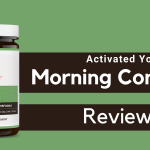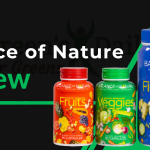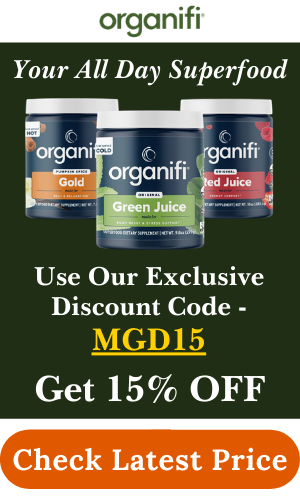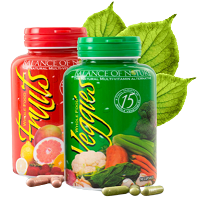Anyone who workouts somewhat fanatically know that nutrition is an indispensable factor. After all, you can only perform optimally with the right fuels and building materials. But, what is the right diet plan for muscle gain and lose weight? There are lots of diet plans available in the market that are claimed to focus on fulfilling your nutritional deficiency along with weight management and building muscle mass. We have listed below six types of nutrition that must be included in your diet plan for muscle gain and lose weight.
The importance of muscle recovery
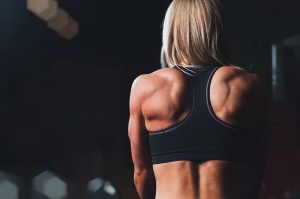
When you are looking for a good fitness diet, muscle recovery is one of the most important factors. That is the process by which your muscles become stronger. Your muscles are always slightly damaged after a solid workout. If your body has the right nutrients, it can repair that damage so that your muscles grow properly.
Of course, muscle recovery does not only depends on your diet. Your training routine, your sleep rhythm, your stress levels, and many other factors also play a role. But if you sleep well but don’t maintain the right diet, your muscle growth will never be optimal.
Only Protein Is Not Sufficient
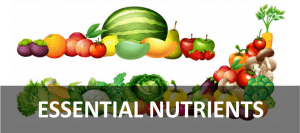
Find online what a fitness diet entails, and you will be flattened with proteins. That is certainly not everything; proteins provide amino acids, the essential building materials for your muscles. But on the other hand, it is not good to pretend that proteins alone will do the job.
All kinds of complicated processes are involved, which have to be set in motion by other substances. If you lack the auxiliary substances, then all those proteins cannot be used optimally.
Nutrients To Add In Diet Plan For Muscle Gain & Weight Loss
So which nutrients shouldn’t be missing in a fitness diet? We have listed the six most important foods that must in included in your meal plan for weight loss and muscle gain!
1. Proteins
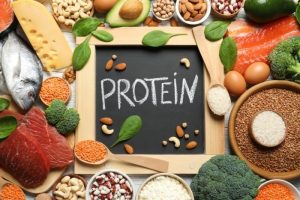
Of course, proteins may not be the only factor; they are essential. As an athlete, it is best to eat 1.5 to 2 grams of protein per pound of bodyweight every day. That sounds like a lot, but luckily you don’t have to get it all out of chicken.
In addition to animal protein sources, vegetable proteins can also make a major contribution: think of soy, nuts, legumes, and whole grains. Some nutrition experts even recommend extracting at least half of your protein from vegetable products.
2. Calcium
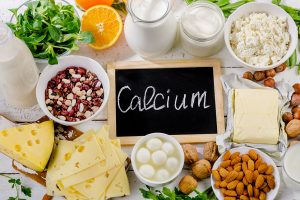
Calcium is not only for strong bones. It also plays a role in muscle contraction and helps keep your hormones in balance. For all these reasons, it is important that you get enough of it in a fitness diet.
Calcium is mainly found in dairy products. You will also find it in seeds and nuts (sesame seeds are particularly rich in calcium) and some vegetables, such as broccoli and leafy vegetables. Good to know: calcium is better absorbed by your body when you have enough vitamin D. Reason is enough to sit under the sunlight!
3. Magnesium
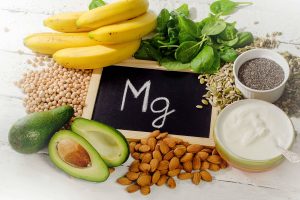
Magnesium aids in the transmission of nerve impulses and is important for the proper functioning of the muscles. When you exercise a lot, you use a relatively large amount of it. Do you notice that you are often tired? Then the cause may lie in a magnesium deficiency. Magnesium is found in whole grains, nuts, legumes, and vegetables.
4. Zinc
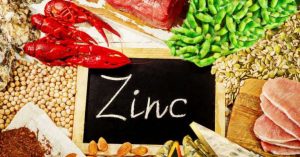
Unfortunately, zinc often receives little attention. But it plays an important role in your body, including protein synthesis and cell division. Zinc deficiency delays wound healing and muscle recovery and is, therefore, important to fulfill the deficiency.
The good news is that zinc is commonly found in protein-rich products. So many people already get a bit of them through protein-rich foods. Fishes and seafood are the best sources of zinc, but unfortunately, people eat less of these products. If you never eat fish or follow a vegetarian diet, your zinc consumption is a point of attention!
5. Vitamin C
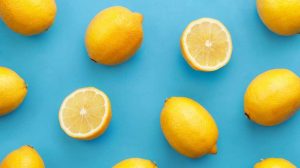
Vitamin C is an important player in the production of collagen. You may know collagen as the substance that keeps your hair and skin beautiful, but it is also essential for the recovery of other body tissues, including muscle tissue. In addition, it increases your resistance. That prevents you from flu and cold.
Vitamin C is naturally found in citrus fruits. However, many people do not know that some vegetables are also rich in vitamin C. Broccoli, bell pepper, and leafy vegetables, in particular, are good sources.
6. Omega 3 fats
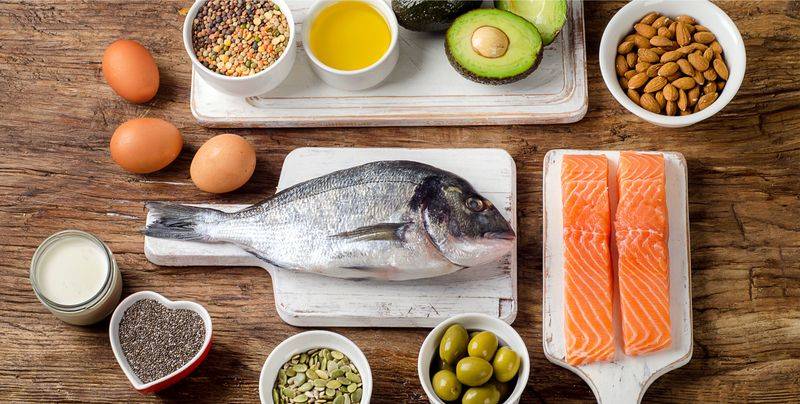
Finally, omega 3 – fats are also a crucial part of the diet plan for weight loss. They are especially important for the proper functioning of your brain. But several studies also show that omega-3 fats can help in muscle recovery. The main source of omega-3 is oily fish. It is recommended to eat fishes once or twice a week. Furthermore, vegetable fats are also a good source of omega-3 fat.
Best Diet Plan For Muscle Gain & Weight Loss
As mentioned earlier, market is flooded with lots of diet plans focusing on weight loss and muscle gain but not all of them are effective and healthy. A healthy and effective diet plan for your muscle gain and weight loss must include healthy carbs, fat, protein and other nutrients in balanced form. Nutrisystem diet plan is one of the most popular pre planned diet plan especially designed to lose weight and support in your muscle building. You can checkout our unbiased review on Nutrisystem for more information about this diet plan.
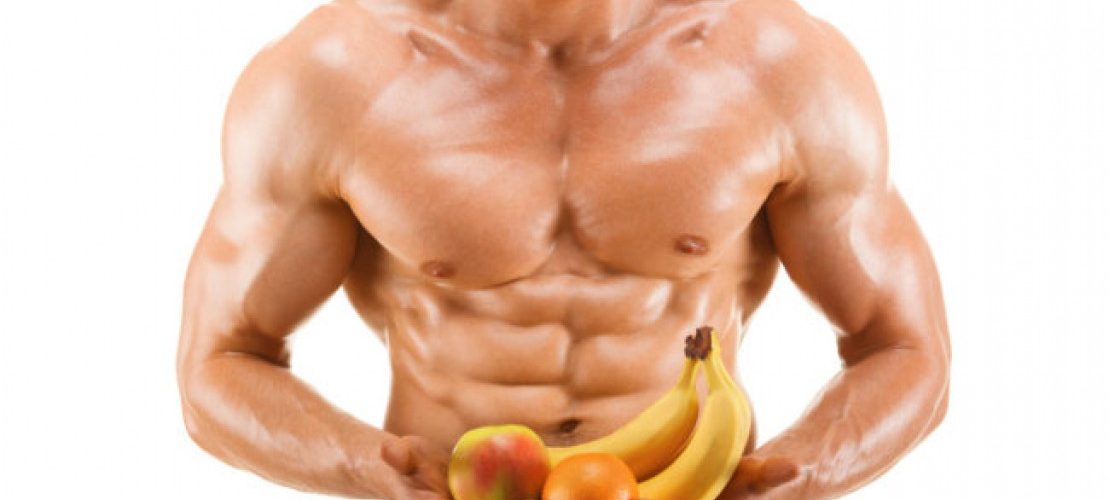

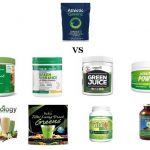
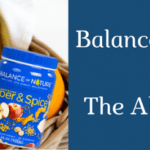
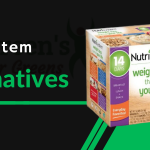
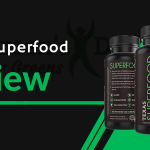

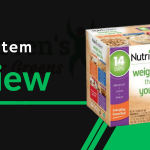
![Organifi Green Juice Reviews [USA] – Best Superfood Drink](https://mygreensdaily.com/wp-content/uploads/2020/04/organifi-new-featured-150x150.png)
